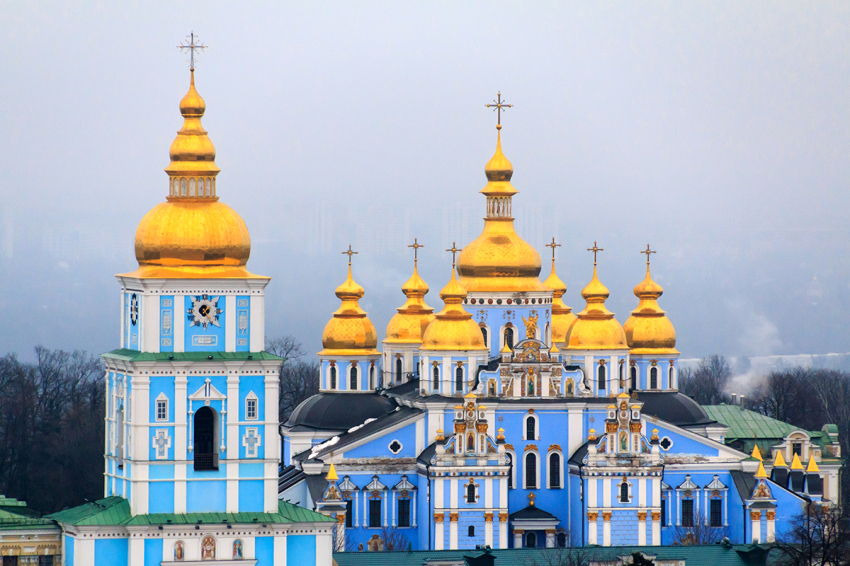Ukrainian Church removes medieval Russian leader from official calendar

The Orthodox Church of Ukraine has removed a medieval Russian leader and saint from its official calendar as Russia's invasion of the Eastern European nation nears its second anniversary.
Last week, OCU leadership held a Holy Synod of the Ukrainian Orthodox Church at the Synodal Hall of the official residence of the Orthodox Church primate at the St. Michael's Golden Dome Cathedral in Kyiv.
As part of the meeting agenda, the Holy Synod agreed to remove the day of memory for Prince Alexander of Novgorod, also known as Alexander Nevsky.
A 13th-century Russian leader known for his military victories against the Germans and the Swedish and canonized a saint in the 1500s, Nevsky's feast day had been on Nov. 23.
Instead, the Holy Synod moved to make Nov. 23 a day to commemorate the Rev. Alexander, the first abbot of the Nevsypushchy monastery during the 5th century.
The move is not without its critics, as the website Orthochristian.com published a column denouncing the decision as part of an "ongoing effort to spiritually divide the historically united Ukrainian and Russian people."
"It is not surprising that the Ukrainian government-sanctioned 'Church' would be allergic to St. Alexander Nevsky," read the column.
"The great military commander defeated the Western forces who waged war against Rus' with the blessing of the Roman Pope, with the aim of bringing Rus' into the Western and Roman Catholic sphere of influence and domination. The defeat was decisive and kept Russia on its own civilizational course."
The OCU officially launched in 2018 in response to the desires of many in Ukraine to have an Orthodox denomination independent of direct Russian influence, especially as Russia had annexed the Ukrainian-controlled Crimean Peninsula a few years earlier.
The decision to form the new church came with the blessing of the Ecumenical Patriarchate of Constantinople, a prominent leader in worldwide Eastern Orthodox Christianity.
The creation of the OCU and the Ecumenical Patriarchate's endorsement of it led the Russian Orthodox Church to announce in 2018 that it was severing ties with Constantinople.
The removal of Nevsky is not the first measure taken by the OCU to distance itself from the Russian Orthodox Church, whose leader, Patriarch Kirill, has endorsed the invasion of Ukraine.
Last year, the OCU and also the nation of Ukraine moved their observance of Christmas from the traditional Russian Orthodox date of Jan. 7 to the Western Christian date of Dec. 25.
Sponsors of the Ukrainian legislation stated at the time that the new Christmas date helps Ukraine "abandon the Russian heritage of imposing the celebration of Christmas on January 7" and lets Ukrainians "live their own life with their own traditions (and) holidays."



























